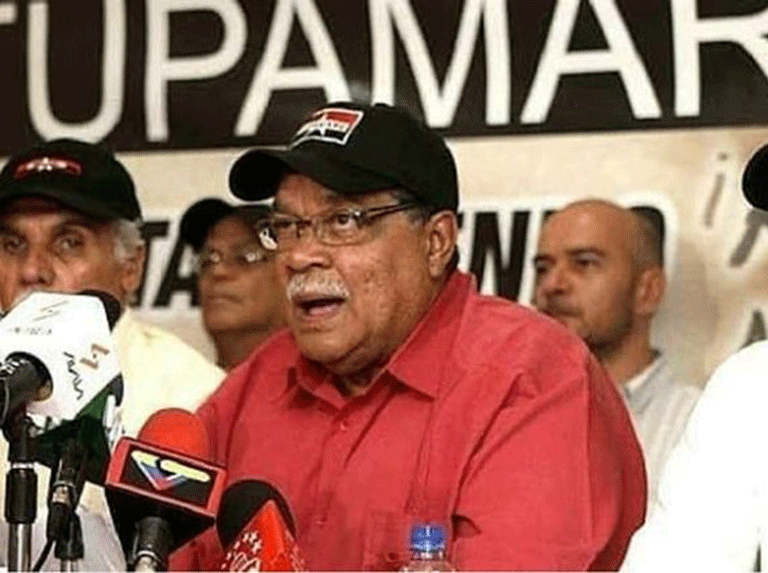Formal education has traditionally been linked to the possibility of accessing more and better jobs. The half of the population believes that educational training in Uruguay is inadequatea, according to a new Cifra survey released this Tuesday on Telemundo (channel 12). Also, eight out of 10 think it is difficult to get a job in the country.
38% consider that training is adequate to get a job. Among those with less formal education are those who think that the training received by young people is adequate to prepare them. At the other extreme, among people with tertiary education, 56% believe that the Uruguayan educational system is not providing adequate tools to young people.
In all groups, the majority believes that young people are not being given the training they need to get a job, and the most critical group is that of the least politicized, the people who are located in the center.
Difficulty getting a job
The perception of difficulty in accessing a job is long-standing; four years ago, before the pandemic, the climate of opinion was almost identical. Today all the groups agree that it is difficult to find a job. Only one in 10 thinks it is easy.
People with less formal education have even greater difficulty: among those who only have primary education, those who perceive that it is difficult to access a job are 87%.
the survey
This note presents the results of a national Cifra telephone survey throughout the country: 705 interviewees between August 4 and 14, 2022.
The maximum expected margin of error for a 95% confidence is approximately 3.7 percentage points higher or lower (+/- 3.7).
The text of the question was: “Do you think that at this moment it is easy or difficult to get a job in Uruguay? Easy/Neither easy nor difficult/difficult. Other, do you think that the educational system in Uruguay provides adequate training so that later the young people can access the jobs on offer? Adequate/Neither adequate nor inadequate/Inadequate”.
Figure clarifies that the survey is multiclient, and financed by public and private companies, political parties, State agencies and international organizations.


















